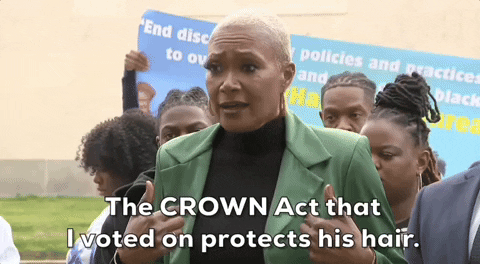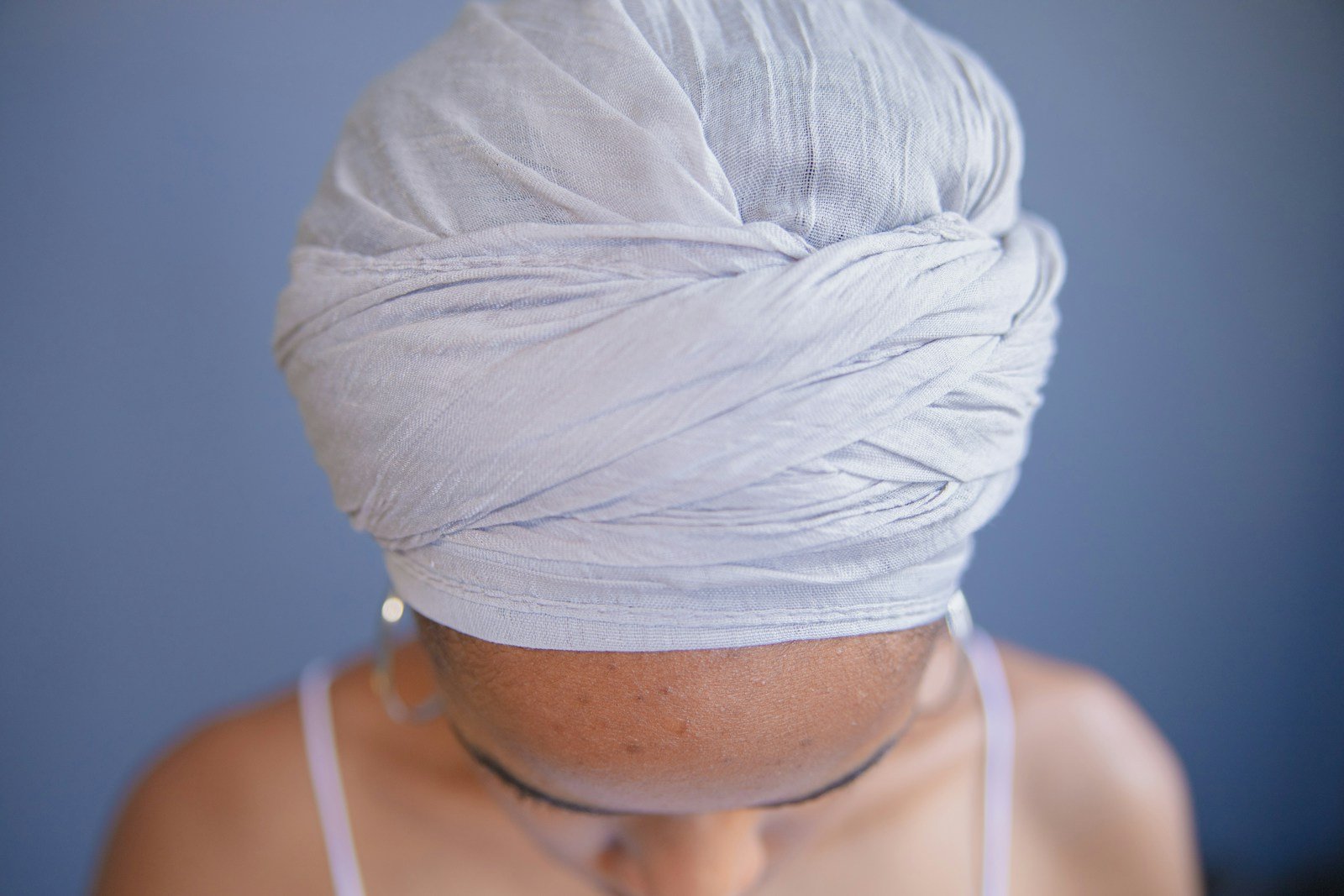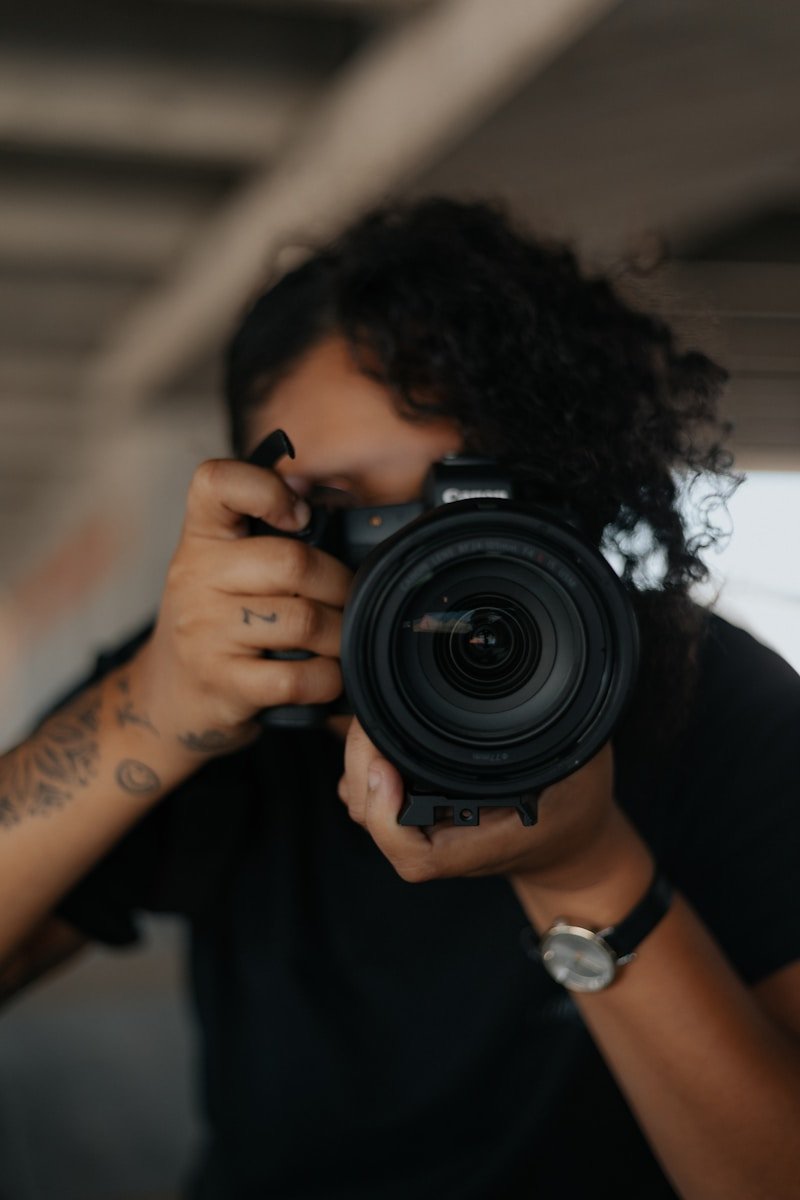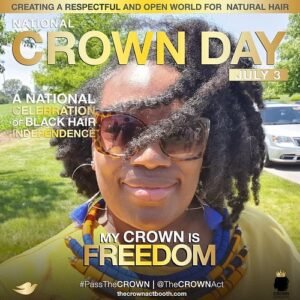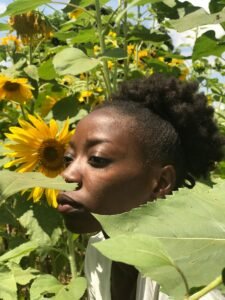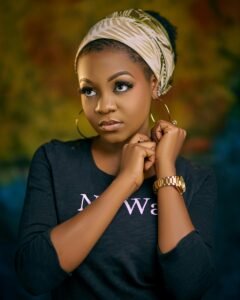Our Hair Is Diverse. The Market Isn’t. And That’s Why We’re Paying More.
1. People who listen to Black women understand hair diversity.
Black women have said for generations:
- “My hair doesn’t behave like hers.”
- “My curl pattern changes with moisture.”
- “I have three textures on one head.”
- “What works for her breaks my hair.”
People who believe Black women learn very quickly that:
- There is no one “Black hair.”
- There is no single curl pattern.
- There is no universal regimen.
True understanding comes from listening, not guessing.
2. Most non-Black women were socialized to see their own hair as the default.
If your entire life teaches you:
- “Straight hair is the norm.”
- “Everything else is an exception.”
- “Hair behaves the same for everyone.”
…then you assume your experience = everyone’s experience.
That mindset makes it impossible to grasp the complexity, beauty, and diversity of Afro-textured hair.
It’s not malice every time — sometimes it’s simply lack of exposure + cultural tunnel vision.
3. Textured hair requires skill, knowledge, and nuance — things many people never had to learn.
Black hair:
- coils
- shrinks
- expands
- reacts to humidity
- responds to water differently
- needs specific ingredients
- varies drastically between individuals
If you’ve never lived that life, you can’t “accidentally understand” it.
People who do understand it learned because:
- they grew up with Black hair
- they dated or loved someone with Black hair
- they asked questions
- they listened
- they respected the culture
- they paid attention
Hair knowledge is cultural knowledge.
4. Denial protects people from acknowledging privilege.
Admitting Black hair diversity means admitting:
- the beauty industry ignored us
- workplaces punished us
- schools discriminated
- salons refused to serve us
- regulations were built on white hair
- policies were biased
- products were unsafe
- society didn’t care
Some people cannot face these truths.
So they pretend Black hair is “just like everyone else’s.”
Denial is easier than accountability.
5. Some people fear anything that requires learning from Black women.
To accept that Black hair is complex and diverse, a person must accept:
- Black women have expertise
- Black women have knowledge systems
- Black women have authority
- Black women have cultural science
- Black women are not “making things up”
- Black women have been right all along
For some, especially in a society built on silencing Black women, that is emotionally threatening.
So they dismiss what they don’t want to respect.
6. Media and marketing rewarded ONE narrow idea of Black hair.
For decades, mainstream images pushed:
- relaxed hair
- uniform curls
- “manageable” looks (by Eurocentric standards)
- one acceptable texture
This erased the reality:
- tightly coiled hair
- 4C hair
- zig-zag patterns
- cottony strands
- shrinkage-heavy textures
- multi-textured heads
- dense coils
When the world only shows one version of your hair, the world assumes there is only one version.
It’s false.
But it’s powerful.
7. Black women’s hair diversity challenges lazy assumptions.
To understand Black hair, you cannot rely on shortcuts or stereotypes.
You have to:
- learn
- observe
- unlearn
- listen
- respect difference
- understand history
- understand care practices
People who do that work get it.
People who don’t will always cling to simplicity:
“Black hair is just one thing.”
“Black women all have the same type of hair.”
“You’re overcomplicating it.”
Because complexity requires respect.
In truth?
People who care understand.
People who listen understand.
People who love Black women understand.
People who are curious understand.
People who respect our humanity understand.
Those who insist all Black hair is the same
are revealing more about their worldview
than about our hair.
